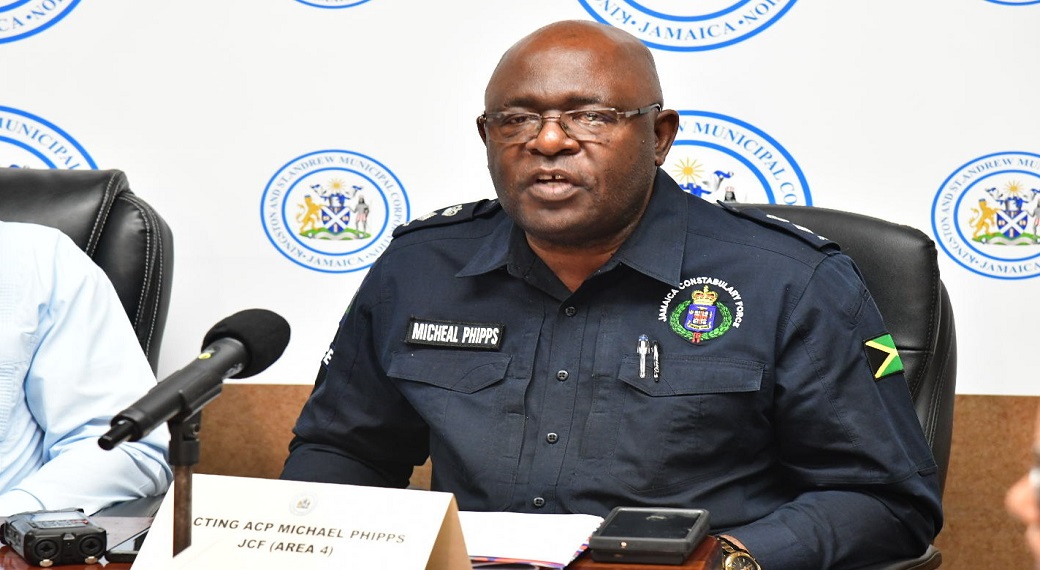

While climate change continues to have a significant impact on Jamaica's economy, the Government is taking several steps, including the introduction of legislation, to tackle the problem.
The disclosure was made by Minister without Portfolio in the Ministry of Economic Growth and Job Creation, Matthew Samuda, as he addressed the official opening of Kingsland Plastic Recycling Depot in Manchester on Thursday.
He said despite being a minor contributor to global emissions, Jamaica is on the frontline of the crisis, and facing unprecedented challenges.
Samuda emphasised that the country's response to climate change is multifaceted, involving legislation, policy adjustments and strategic investments to mitigate emissions and adapt to the changing environment.
However, he acknowledged that these efforts are hindered by Jamaica's fiscal challenges.
Undeterred by those issues, he said the Government is taking proactive measures to address the issue.
"Jamaica has decided that it will ensure that 50 per cent of its energy comes from renewable sources by 2030," Samuda declared.
The ambitious target is bolstered by the recent awarding of a bid to construct a massive solar farm in Trelawny, "the largest in the Caribbean", according to Samuda.
Additionally, he said the Government has almost completed the licensing process for a floating solar park, which will generate 46 megawatts of clean energy over the Mona Reservoir.
These initiatives, said Samuda, are crucial, given Jamaica's vulnerability to climate change.
Samuda stressed that finding cleaner, greener and cheaper sources of energy is paramount, particularly in light of Jamaica's dependence on imported oil.
"It is important that we lead frontally, and that we take the moral high ground. But it's also critically important for a nation that pays sometimes 42, sometimes 44 cents a kilowatt (per) hour for electricity, that we do find cleaner, greener and cheaper sources of energy, because the reality is, Jamaica is a victim of geopolitics, and every time there is an incident in the Middle East and oil prices go up, our people get a little poorer, our economy becomes a little less stable," Samuda explained.
The Government is also integrating climate risk assessment into its public investment appraisal process, which Samuda said is "novel for the Caribbean standard".
He elaborated that, "We're not going to build roads on the seaside in the way that we have (done), considering that there will be sea level rise; we will not build water systems that will ignore the fact that with sea level rise, we're already experiencing salt water intrusion in our wells; (and) we will not sanction agricultural products without contemplating deterioration of soil quality, etcetera."
By taking a proactive and informed approach to climate change, the minister said the country is poised to create a more sustainable future for its citizens.
"So our dollars raised by taxation (and) by revenue(s), will be used properly based on the challenging climate that we have, and that is us as a nation taking solid steps to ensure that we react to climate change in a manner that is strategic, and in a manner that can be understood by all, and create the sustainability in our investment choices," Samuda stated.
Related News

Daryl Vaz declares Portland ‘Vaz land’

Jangoo century on debut leads WI to ODI series sweep of Bangladesh

Police urge persons to prioritise safety in market district


